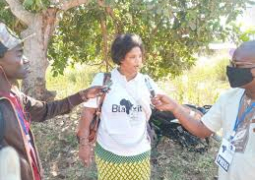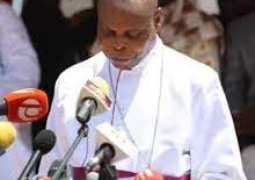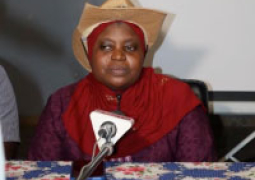The training was done to foster equal rights through education, dialogue and advocacy programs.
The forum, which took place at the Young Men Christian Association(YMCA) hall, focused on strengthening the capacity of right holders to enable them claim their rights, influence capacity building and development of duty bearers as well as strengthen the Civil Society Organizations for them to be strong change makers.
Funded through FORUMCIV-Sweden, the advocacy program was implemented by Gambia Grupperna (GG), Future In Our Hands - The Gambia (FIOHTG) and TANGO.
The forum is in line with TANGO and its partners’ national development plans, social development objectives and long-term goals and strategy focused at capacity development (institution building and resource development), advocacy and influencing change agents through collaborative alliance.
In her opening remarks, Ndey Sireng Bakurin, executive director of TANGO, highlighted that good governance is not only about making correct decisions, but also about the best possible process for making those decisions.
She stated that good governance entails full respect of human rights, rule of law, effective participation, multi-actor partnership, transparent and accountable processes and institutions, legitimacy, access to information, knowledge and education, empowerment of people, among others.
“States play a crucial role in the promotion and protection of human rights,” she said. “As the principal duty bearers, they are required under binding human rights instruments to take a range of measures, including legislative, economic, social and cultural measures, to respect and fulfill all human rights.”
Ebrima Darbo, executive director of Non-Governmental Organizations (NGO) Affairs Agency, said good governance is the linchpin for realising human rights in its fullest sense.
“It is through good governance that human rights is ensured on tangible aspects that can be experienced by the masses,” he added.
He continued that the intersection of good governance and human rights is critical in the building of a robust democracy and the realisation of sustainable development.
Human rights provide the contents, norms, standards of good governance and create an environment conducive for the state to respect, protect and fulfill human rights in a sustainable manner, he affirms.





